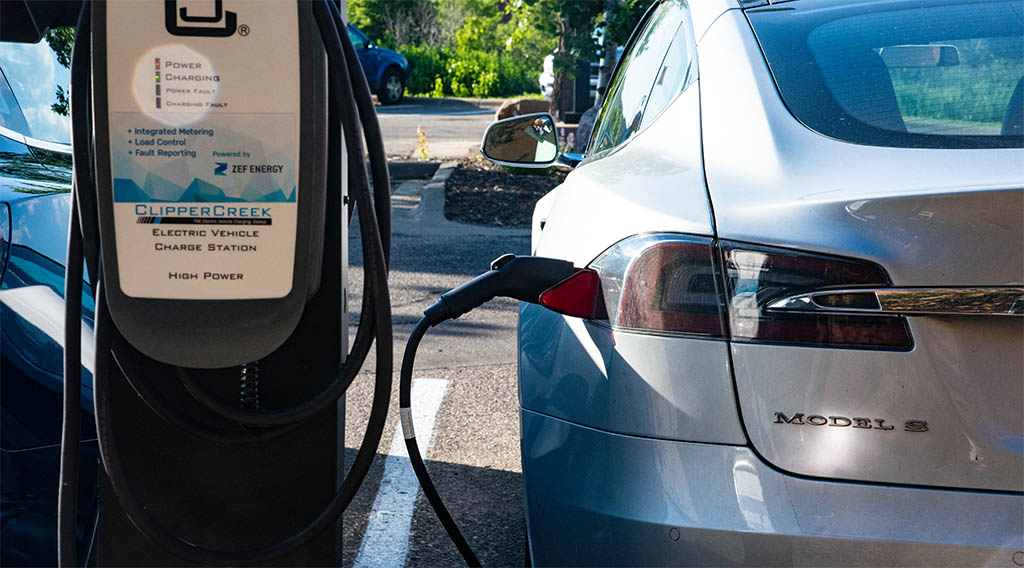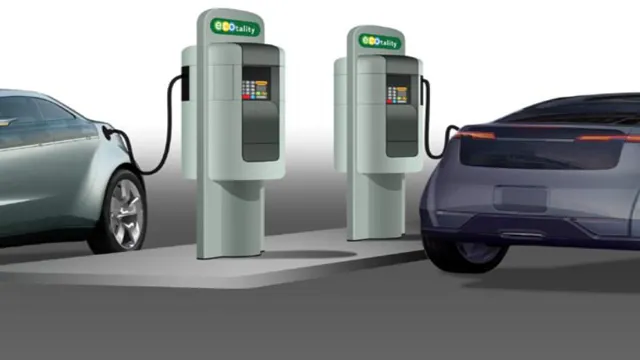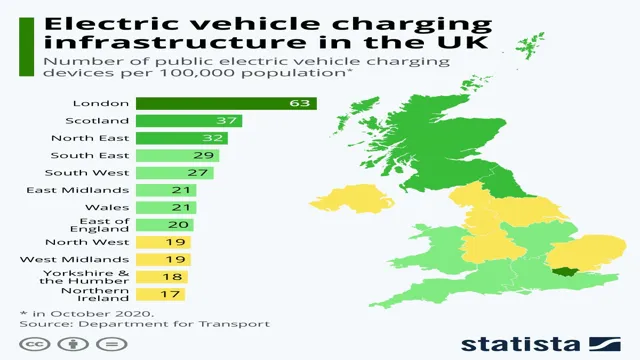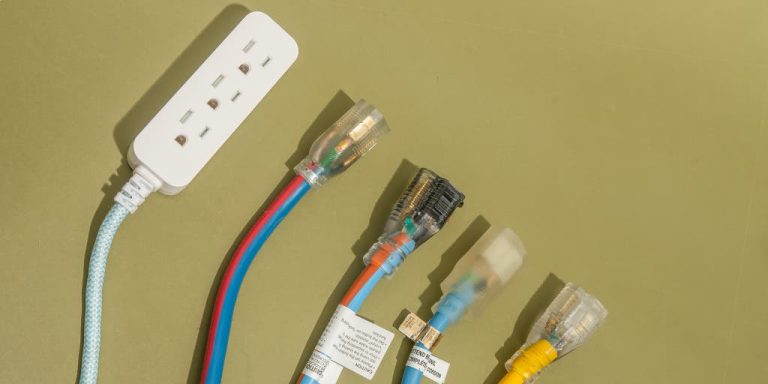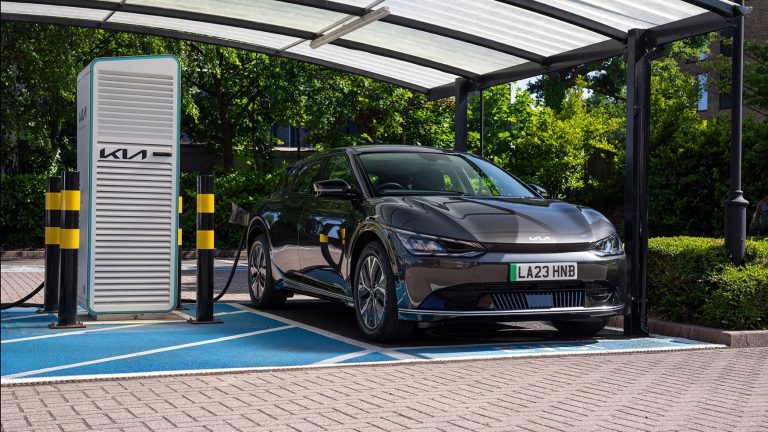Solar Panels to Charge an Electric Car : Harnessing Solar Power for Electric Cars
With the increasing focus on sustainable and eco-friendly transportation, electric cars have gained significant popularity in recent years. However, one of the challenges of owning an electric vehicle is the need for regular charging. While traditional charging methods are widely available, using solar panels to charge an electric car offers a sustainable and cost-effective alternative. In this comprehensive guide, we will explore the benefits, considerations, and practical steps to using solar panels to charge an electric car.
The Benefits of Using Solar Panels for Electric Car Charging
Choosing solar panels to charge your electric car comes with a range of benefits, both for your wallet and the environment. Here are some key advantages:
- Environmental Benefits: Solar energy is a clean and renewable resource, which means using it to charge your electric car produces zero greenhouse gas emissions, reducing your carbon footprint.
- Cost Savings: While the initial investment for solar panels can be significant, they offer long-term savings on energy costs, especially when used to charge an electric vehicle. Over time, the savings on fuel and electricity bills can outweigh the initial installation costs.
- Energy Independence: Generating your own solar power allows for greater energy independence and reduces reliance on traditional power sources, providing a sense of self-sufficiency.
Considerations for Using Solar Panels to Charge an Electric Car
Before making the decision to set up solar panels for your electric car charging needs, there are several factors to consider:
- Solar Panel Placement: Assess your property to determine the best location for solar panel installation. Factors such as sunlight exposure, shading, and available space will impact the efficiency of the solar panels.
- Charging Compatibility: Ensure that your electric car is compatible with solar charging systems. While most electric vehicles can be charged using solar power, it’s essential to verify the compatibility to maximize efficiency.
- Energy Storage: Consider integrating energy storage solutions, such as home battery systems, to store excess solar energy for use during periods of low sunlight or at night, ensuring a consistent power supply for your electric car.
Practical Steps to Implement Solar Charging for Your Electric Car
Once you have weighed the benefits and considerations, it’s time to take the practical steps to implement solar charging for your electric car:
- Assessment and Planning: Consult with a solar panel installation professional to assess your property and energy needs. They can provide valuable insights and recommendations tailored to your specific situation.
- Installation and Setup: Work with the chosen provider to install the solar panels and associated charging equipment. Ensure that the installation complies with local regulations and safety standards.
- Monitoring and Maintenance: Regularly monitor the performance of your solar panels and charging system. Perform necessary maintenance to ensure optimal efficiency and address any issues promptly.
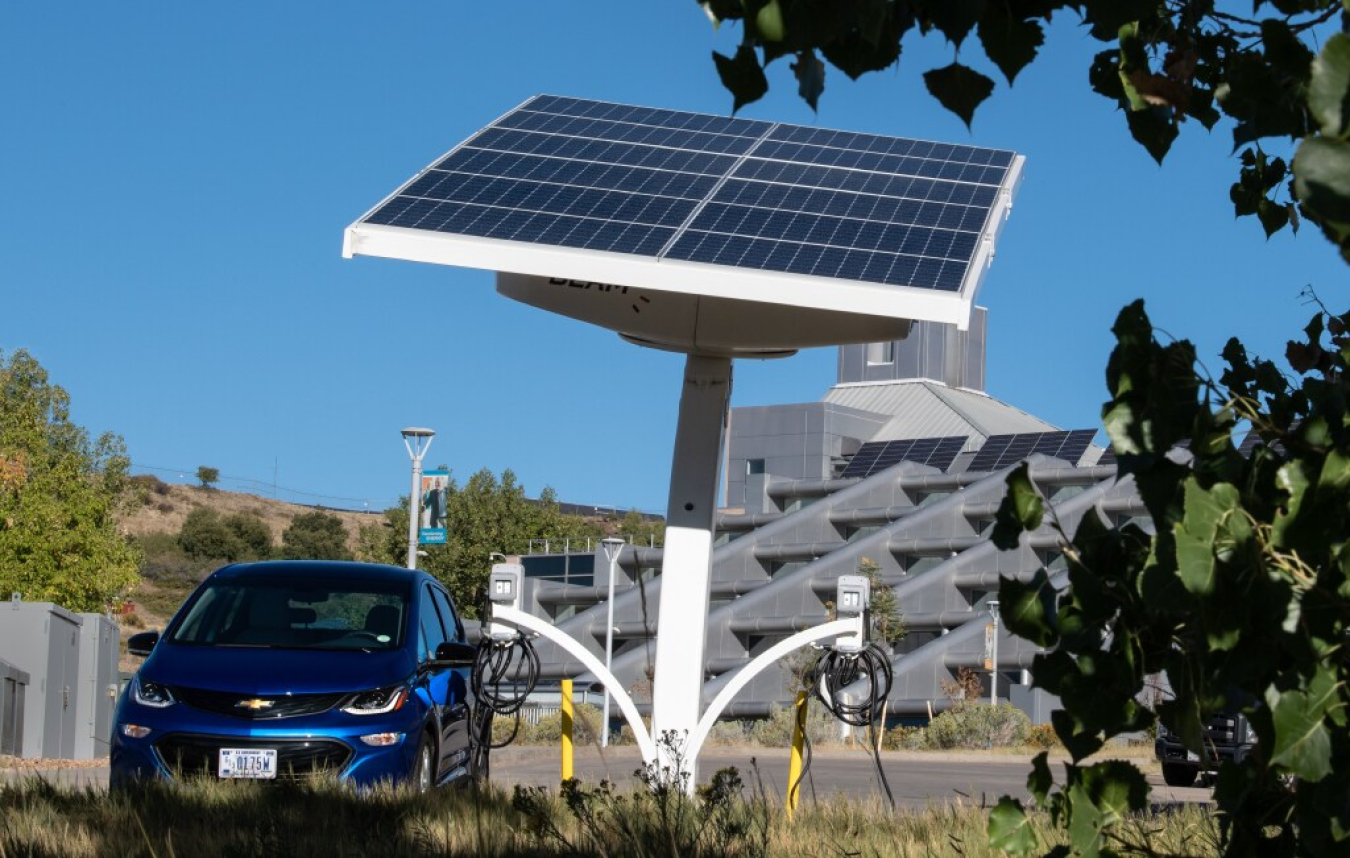
Credit: www.energy.gov
Conclusion
Switching to solar panels for charging your electric car is an impactful way to embrace sustainability and reduce your carbon footprint. While the initial investment and practical considerations may seem daunting, the long-term benefits make it a worthwhile choice. By harnessing the power of the sun to charge your electric vehicle, you can contribute to a cleaner, greener future while enjoying significant cost savings.
